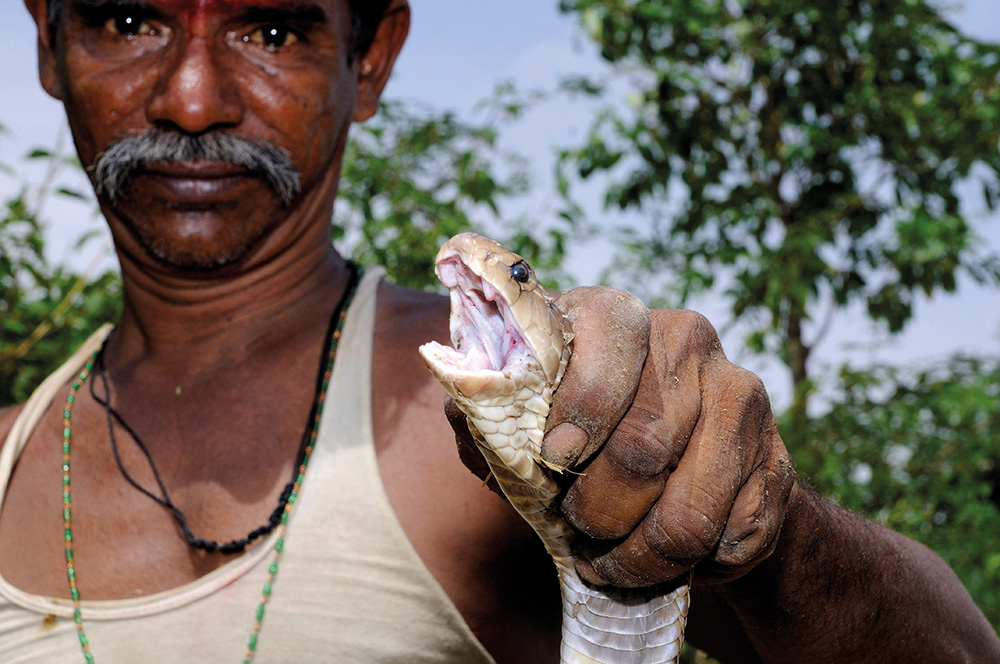The response of FIAN International
The outcome of the Madrid High-Level Meeting on Food Security can be considered a victory for those who want to see the multilateral governance of the global food and agriculture system improved and strengthened, and conducted within the Right to Adequate Food framework.







